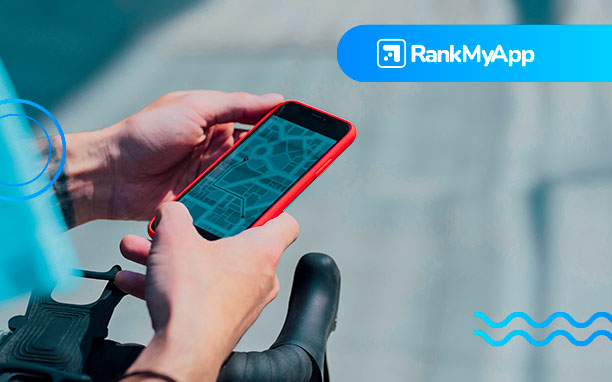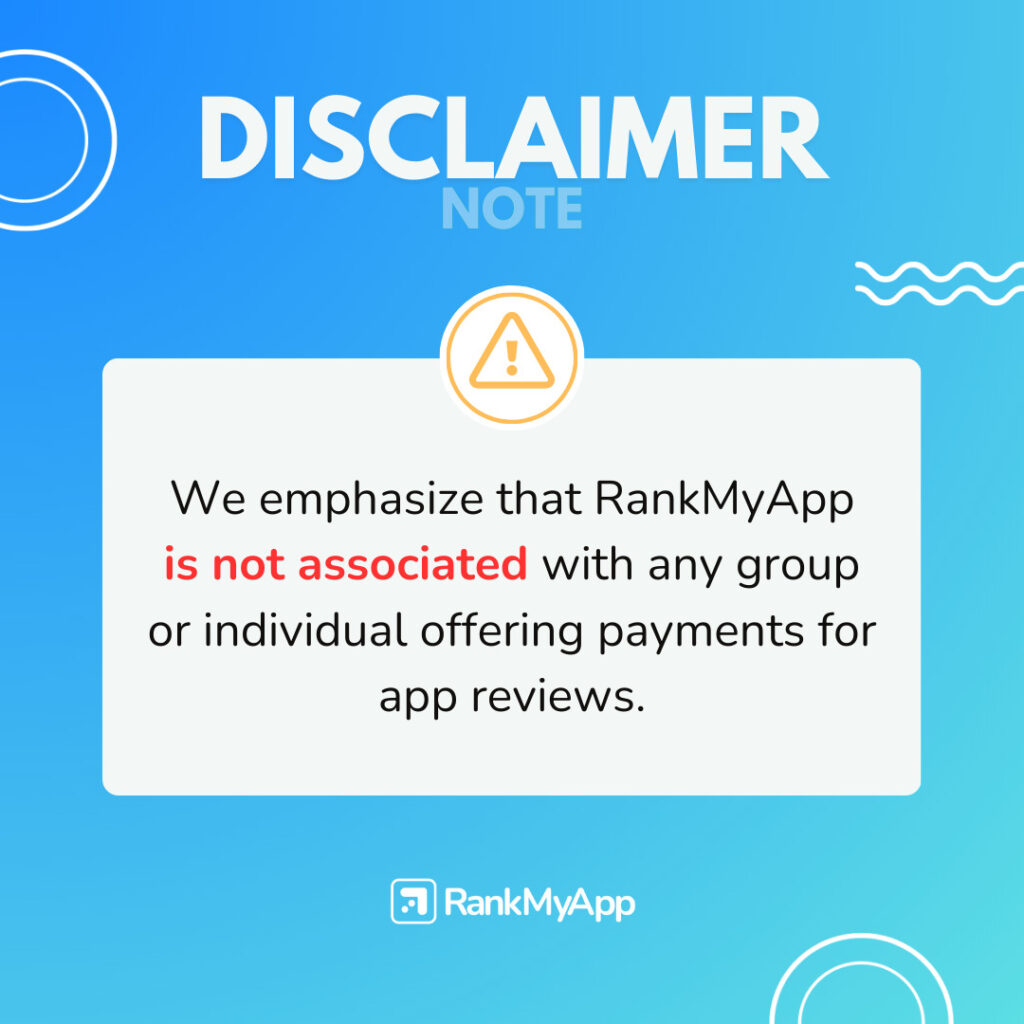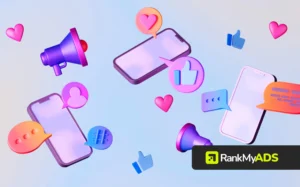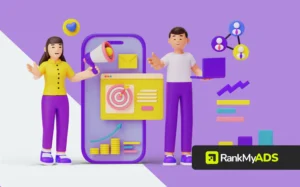Have you heard about lite apps? In short, they are a lighter version of the official app, allowing users to download more apps due to the reduced storage space required on smartphones. But why is this important?
According to the 30th Annual IT Usage Survey conducted and published by FGV (Fundação Getúlio Vargas) in 2019, there are 230 million smartphones in use in Brazil. Combined with other portable devices (tablets and laptops), the number rises to 324 million, averaging 1.6 devices per inhabitant.
A significant majority are smartphones with limited memory or users with basic mobile data plans, restricting their usage. Offering a lighter app option (both in size and data consumption) enables more apps to coexist on a single device.
The Benefits of Lite Apps
As mentioned, lite app versions are lighter compared to the official app. But how do developers achieve this, and what are the benefits?
The goal of this alternative is to provide a reduced version that allows users to download the app without consuming much of their internal memory or exhausting their data plan when using it.
This is achieved by simplifying the design and removing less frequently used features from the app. The interface becomes more straightforward, but nothing users can’t adapt to over time. The key is to maintain the app’s core functionalities essential to your business.
Examples of Existing Lite Apps
The trend toward lite app versions began with more traditional apps, particularly social media. Facebook Lite, for example, has existed since 2015 and is just 16.64 MB, compared to the 373 MB of the official app.
Other mobile giants and industry leaders, like Spotify and Tinder, also adopted lighter versions. Both apps faced criticism for being too large or heavy, which led to high battery consumption and data usage.
Here is a list of the most popular and effective lite apps:
- Facebook Lite
- Facebook Messenger Lite
- Spotify Lite
- Tinder Lite
- YouTube Go
- Google Go
- Google Maps Go
- Gmail Go
- Twitter Lite
- Uber Lite
- Instagram Lite
- Skype Lite, and others.
Lite apps are also common in photo editing and gaming, as these categories often involve heavier apps. Interestingly, WhatsApp, one of the most downloaded apps globally, does not yet offer a lite version.
So, Is It Worth Developing Lite Apps?
It depends. If your app is heavy and you’ve received many user reviews about the space it occupies on their devices, consider the necessity of creating a lighter version—especially if it’s identified as a cause of frequent uninstalls.
It’s also important to keep an eye on competitors. If most of them (or all) offer a lite version, not having one could put your app at a disadvantage, influencing user decisions.
With these two considerations in mind, creating a lite app is undoubtedly worthwhile. However, if uninstalls are not significant, users are not leaving negative reviews about the app’s size, and no features can be excluded without compromising functionality, then a lite app may not be necessary.
Count on RankMyApp!
To help you with all your mobile marketing needs, subscribe to our newsletter and stay informed about everything related to the topic. We are a leading mobile-focused company, ready to guide you through any questions about your app. Contact us.





